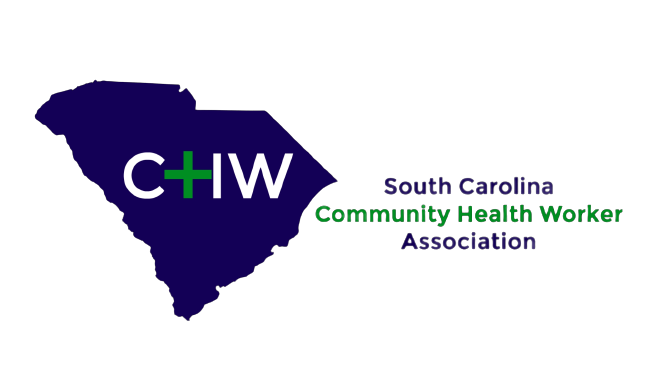Community Health Center Worker Shortages Could Undermine Care
Community Health Center Worker Shortages Could Undermine Care
-
Community health centers are vitally important within a healthcare landscape where a growing number of Americans can’t access care. These centers offer their services to patients, “regardless of their ability to pay.”According to the Commonwealth Fund 2024 National Survey of Federally Qualified Health Centers, “[a]cross the United States, federally qualified health centers (FQHCs) provide accessible, comprehensive, and coordinated primary care to more than 30 million patients.” The Commonwealth Fund defines FQHCs as “community-based outpatient clinics that provide primary medical, dental, behavioral, and other health care services.”
FQHCs use a community-centered model that includes community members on boards, provides high-quality care for chronic conditions like hypertension and Type 2 diabetes, combats the inaccessibility of mental health services by offering behavioral health support, and offers patients transportation. Additionally, through serving rural areas and other traditionally underserved populations, FQHCs play an important role in preventing medical deserts.
When the survey was conducted, in the fall of 2023 to spring of 2024, the Commonwealth Fund identified 1,369 FQHCs operating at 15,000 service sites. The survey, which included 737 community health center leaders, including “executive directors, clinical directors, or project directors,” focused on “the core functions of primary care—accessibility, comprehensiveness, and coordination,” staffing needs, telehealth utilization, and other aspects of care provision. Since this survey was previously conducted in 2018, it also provides comparative data on how community health centers have changed over the last six years.
To read this full article Click Here

